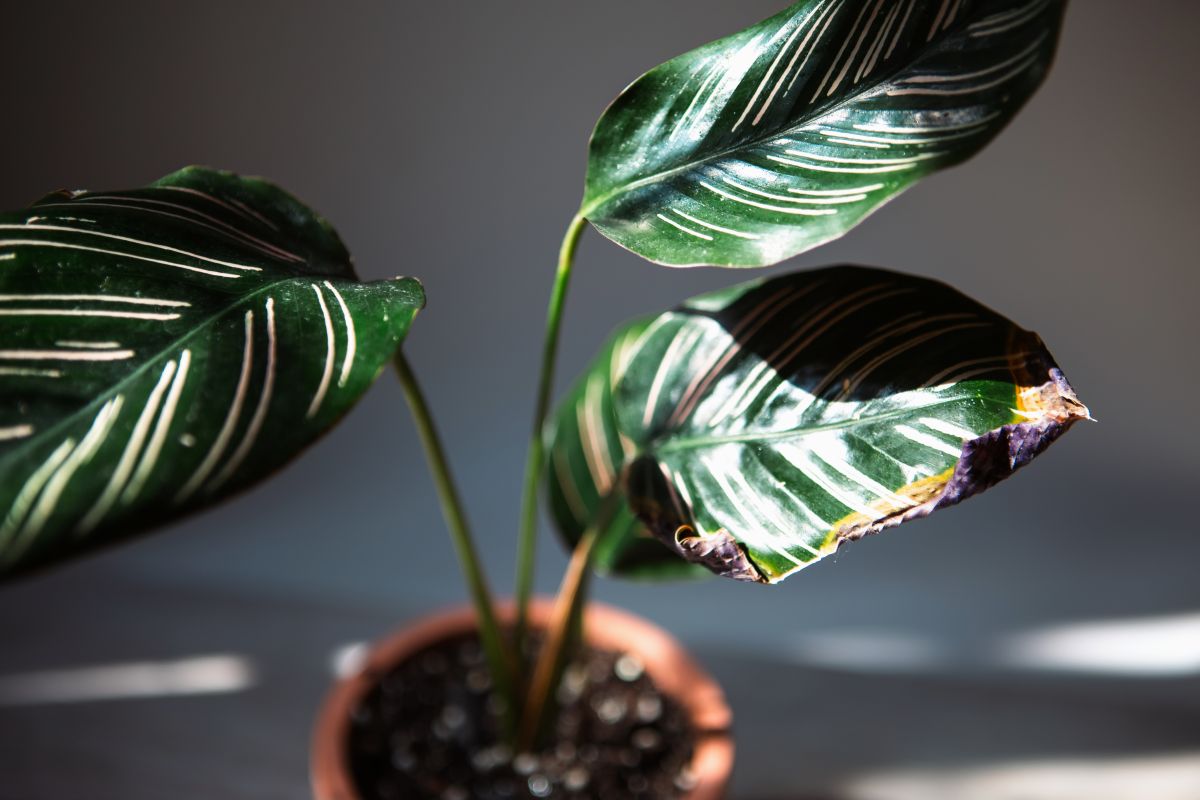When growing an organic garden. You are expected to not use pesticides or fertilizers. This is because synthetic chemicals are used in making these things. These chemicals are harmful to humans when ingested.

Organic gardens are a great start to healthy living. Growing fruits and vegetables the natural way in your garden does look hard. However, there is a proper way to do this with little stress.
How to start an organic farm
Before starting your natural farm, you would need a few tools. Some of these tools include;
- Trowel set.
- Compost bin.
- Watering can.
- Soil test kit.
- Scissors or pruner.
- Protective gloves.
Pick A Good Soil

The soil type you pick is essential for natural gardening. This is because organic plants would need all the nutrients possible. This is where the soil test kit would be helpful.
Use the soil test kit to examine the soil PH level. You should aim for a balanced soil that is neither acidic nor alkaline. If you don’t have access to a test kit, try to have a professional do it. There are lots of labs in the United States that could help with that.
In addition to testing for PH level. You would need to test the soil for its nutrient composition. Ensure the soil to be used has enough humus in it.
Prepare Your Compost

Adding compost or organic waste to your gardens is beneficial. It is free, and natural, and is a great alternative to chemical fertilizers.
To make a healthy compost, you would need kitchen waste and leaf trimmings. Adding regular yard waste like animal droppings would be great for your organic farm.
If you do not have the time to prepare a healthy compost mix. You can purchase one from a gardening store. Online stores like Amazon also sell compost products. Ensure you read the package before use.
Select The Proper Organic Plants
Selecting the right starter veggie plants is important for your natural garden. Whatever plant you intend to grow should be suitable for your chosen location.
Consider the USDA hardiness zone of the garden. And, how much light exposure the location provides. These factors should guide you in picking the right crops to grow.
Always aim for healthy Organic seeds. They should be free from chemical substances and pest-resistant.
Plant the Crops

All crops in your organic farm should be planted in garden beds. By grouping these crops, you help make caring for the plant easy. Practices like watering and weeding can be done with ease.
When you grow organic seeds in beds. Ensure you create enough space as they hate being overcrowded.
Water and Weed Often

Organic plants require a lot of water to grow healthy. However, avoid watering their foliage or leaves. The moisture build-up on their leaves could cause fungal attacks. Use the drip irrigation method of watering the roots.
Ensure the water use is pure and free from chemical substances. Rainwater or dechlorinated water is ideal when watering. Avoid using cold water, it would stress the plant’s roots.
Weeding should be done often. This would promote proper seed growth without unhealthy competition. Do not use weed killers, instead pull them out by hand. It might seem stressful but it gets easier with time.
Protecting Your Plants
You can still protect your plants from pests without needing pesticides. This can be done by offering basic care to them. Provide adequate lighting, watering, and nutrients to keep out pests.
Another great way would be by inviting beneficial insects and animals. Some examples include toads, ladybugs, frogs, and lizards. They could help keep the plant safe by feeding on the pests that disrupt your garden.
The use of Insecticidal soap, pepper sprays, and horticulture oils is encouraged. These are all natural products with no harmful effects on the organic plants.
Always Harvest your Crops

Never be shy to harvest your crops during the proper period. Doing this at the right season would help promote plant produce. Make a note of the organic products you grow and their harvest seasons.
Ensure the tools being used in harvesting are sterilized and clean. Do not harvest crops by hand, you risk damaging them by doing so.
Frequently Asked Questions
Organic gardens help reduce waste being produced from farming.. The use of manure and compost also help reduce environmental waste.
Both farming styles share slight differences. Organic farming permits the use of organic matter. Natural farming does not.
Organic farming can also be called biological farming.
The best plants to grow in an organic garden are Garlic and Basil.
The most produced vegetables in the United States are tomatoes. Potatoes are next.





